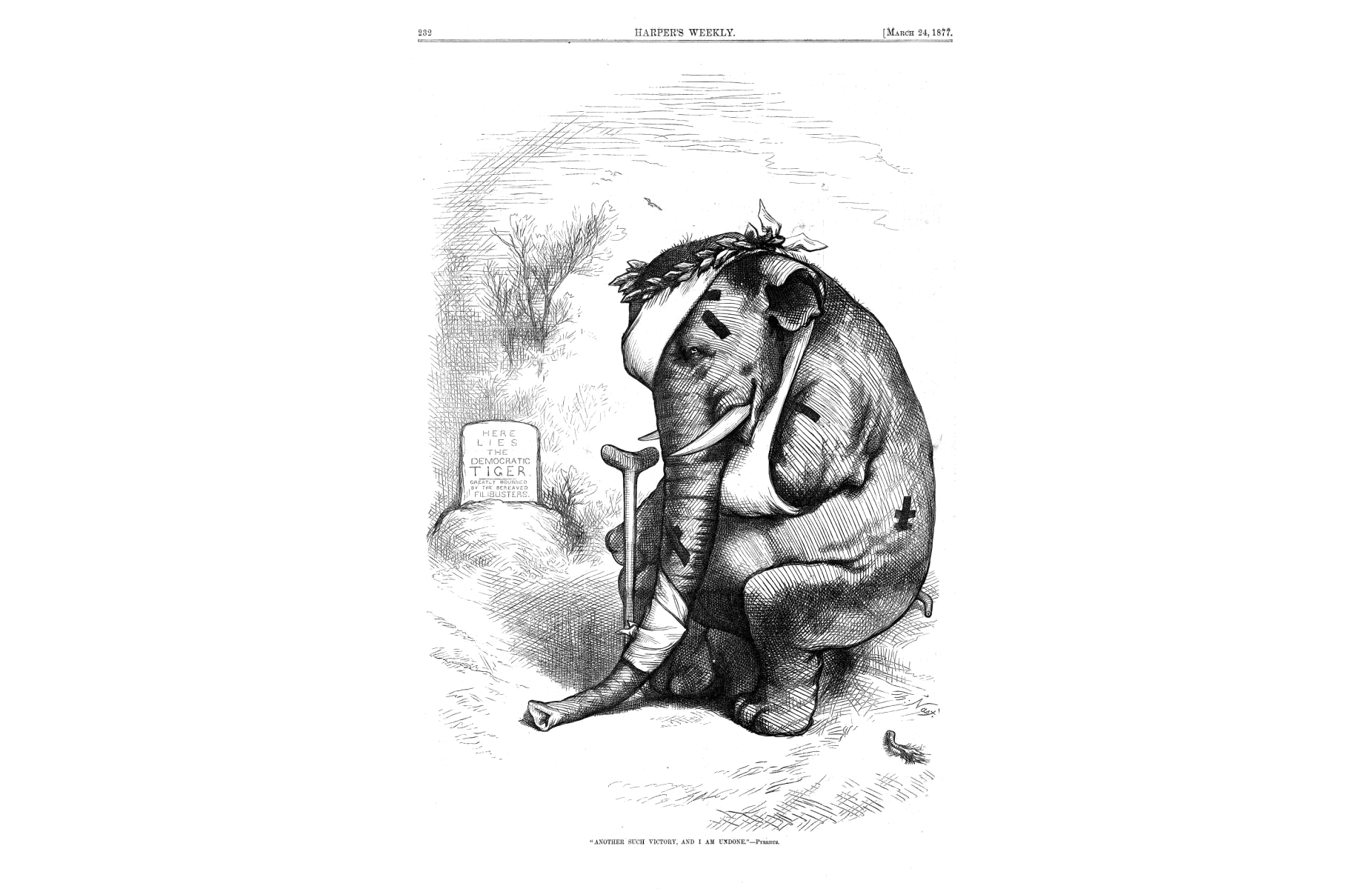Daniel Clements from New American Perspective examines whether American conservatives–and more specifically Republicans–need a rebrand to distance themselves from Trumpism.
By: Daniel Clements
Journalist Bill Kristol tweeted recently that conservatives should consider rebranding themselves as “liberals” to distance themselves from Trumpism, noting they’re for “liberal democracy, liberal world order, liberal economy, liberal education…”. The pro-Trump pundits immediately took this admittedly flippant remark as another indicator of the Establishment™️’s conspiracy to unseat the president. Of course, “conservatives” in the US would typically be described as “liberals” in Europe (and if the US had a more European-style ideological spectrum, the Republican Party would be a coalition of a liberals, Christian Democrats, and nationalists). Lacking a feudal past and being founded on (classical) liberal principles, it follows that to be conservative in the US is to be liberal, though the term now has a different meaning in common speech.
The negative reaction from Trump supporters is surprising, as they largely openly rejected conservatism, both as a label and ideology—asserting that limited government and the free-market are non-issues, especially in comparison to cultural and civic cohesion. I for one always found arguments over what is genuinely “conservative” to be pointless semantics: the ideas being signified are more important than the signifiers. It’s doubtful that conservatives need to undergo a rebranding in the same way liberals embraced the moniker of “progressives.” I suspect, to the extent Americans have a distinct idea of “conservatism,” they associate Trump less with whatever that is and more with the terms “populist” and “nationalist.” Though Mr. Kristol was clearly not making a serious proposal, conservatives should still focus more on advancing their ideas and policies instead of playing with words. Namely: they should be willing to work with Trump and his faction on common ground, yet hold fast when the occasion calls for it—just as they should with moderate Republicans and Democrats.
The more significant brand issue is with the label of “Republican,” and it’s yet to be seen whether American voters will equate the party as a whole with Trump. In 2006, voters took out their frustration with George W. Bush on the GOP and the brand became toxic. The same country would reelect Barack Obama shortly after, while thoroughly routing the Democrats at the state level in election after election — not to mention both chambers of Congress. If recent history is a guide, the president’s image can hurt his party, but not help. In this case, Republicans, both conservative and moderate, should be willing to distinguish themselves from the president — although it appears that he is already doing that for them.
Daniel Clements is a PhD candidate in philosophy at KU Leuven, where he also acquired his Master’s. He holds a BA in Political Science from Loyola University – Maryland. His interests include philosophy of culture, ethics, religion, and all things European.
Image: “Another such victory, and I am undone’-Pyrrhus” Cartoon by Thomas Nast after the costly Republican victory in the 1876 election. Harper’s Weekly, March 24, 1877.










Leave A Comment